Iowa’s Queer Artists Fearful After Civil Rights Repeal
After a repeal of civil rights protections for transgender Iowans, artists across the state fear for their livelihoods and creative futures yet remain committed to staying, performing, and resisting through their work.
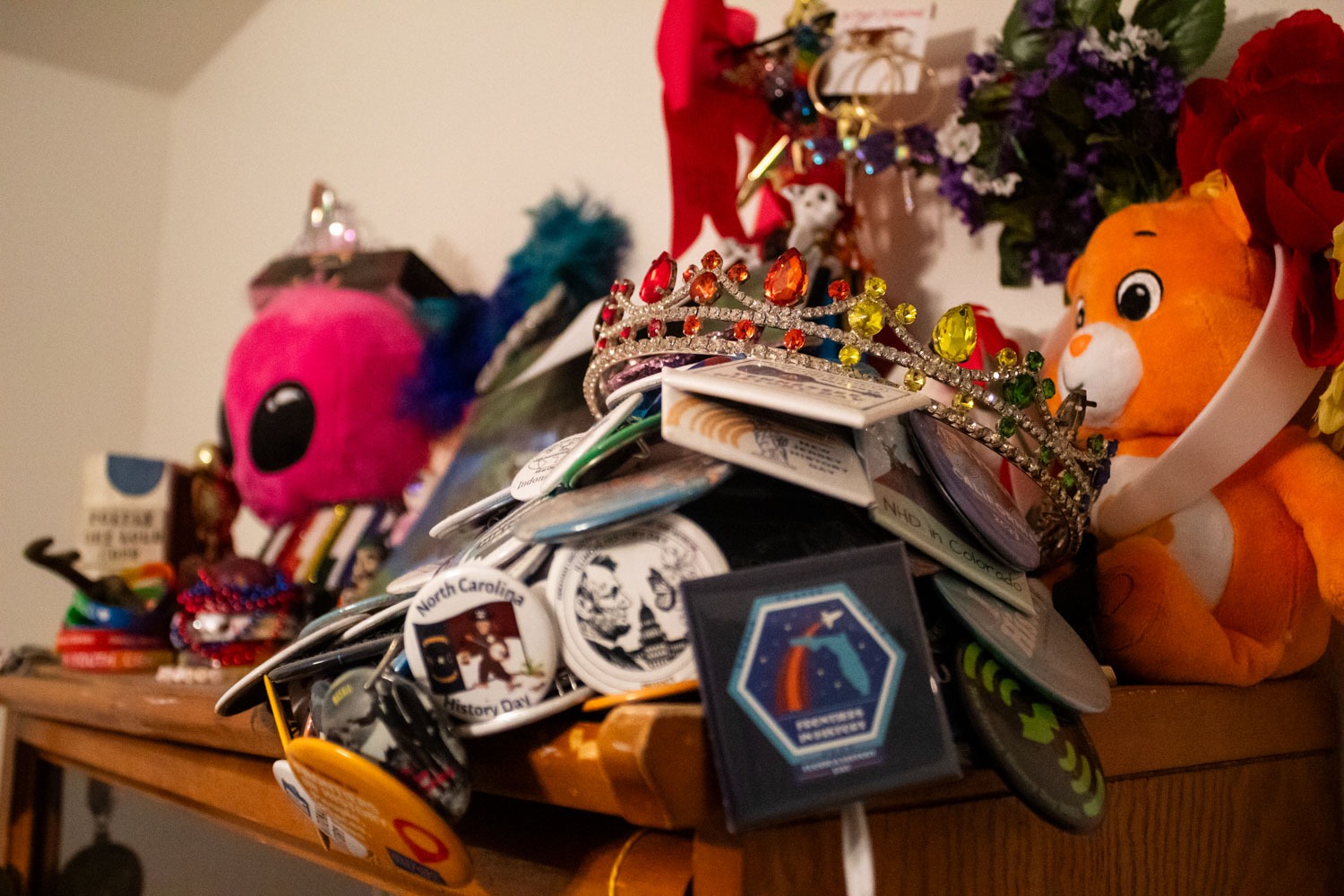
Iowa LGBTQ+ artists and drag queens are concerned about their future following a bill that removed civil rights protections for transgender Iowans on Feb. 28 alongside a flurry of other anti-LGBTQ+ laws proposed and passed in recent years.
The bill, which protected transgender Iowans from discrimination since 2007 in employment, education, housing and other areas, made Iowa the first state to eliminate previous class protections. Currently, there are over 500 active anti-LGBTQ+ bills in the U.S.
Executive director of LGBTQ+ advocacy group One Iowa, Max Mowitz, said that while Iowa used to be the cutting edge for LGBTQ+ progress, there’s been an exponential increase in anti-LGBTQ+ legislation in recent years.
“We’re following the same playbook as Texas and Florida,” Mowitz said. “The Iowa civil rights removal act strips protections surrounding gender identity and makes it impossible to change the gender marker on their birth certificate.”
He fears that after this bill’s passage somebody could be denied a line of credit, denied a hotel stay or fired for being or appearing transgender.
“The point is to do the harm,” Mowitz said. “I love Iowa and they are not going to get rid of me. I know a lot of trans Iowans are not planning on leaving either.”
Aaron Longoria, a transgender woman living in Iowa City, came to the UI from Texas in 2015 to study cinema and journalism and quickly became involved in the local music scene as a photographer and videographer. After teaching herself to play guitar, she began to perform with her friend in a duo called Cowpoke before eventually forming the band Early Girl.
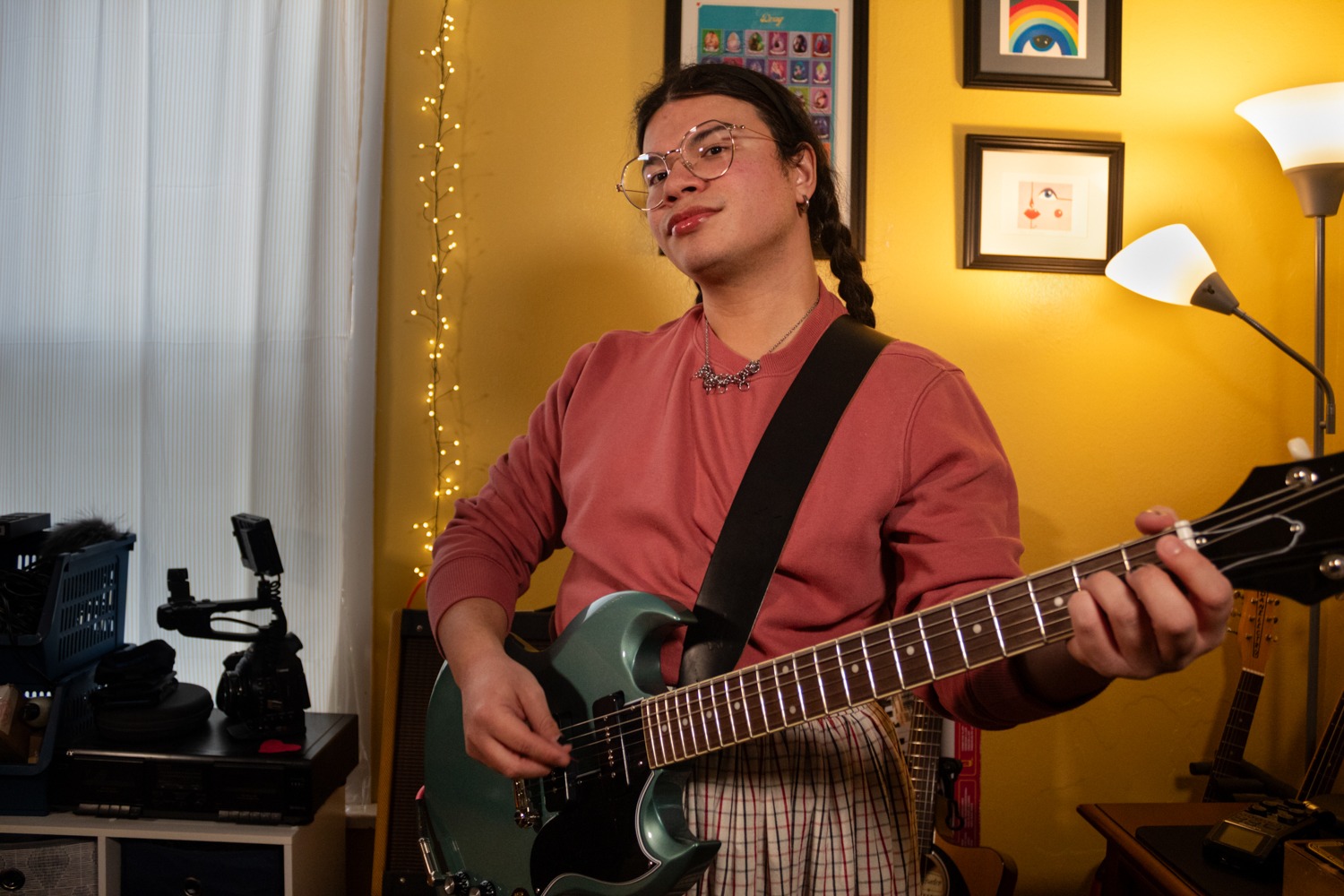

She began exploring her gender identity through drag. Wigs and dresses from her drag era still rest in her studio.
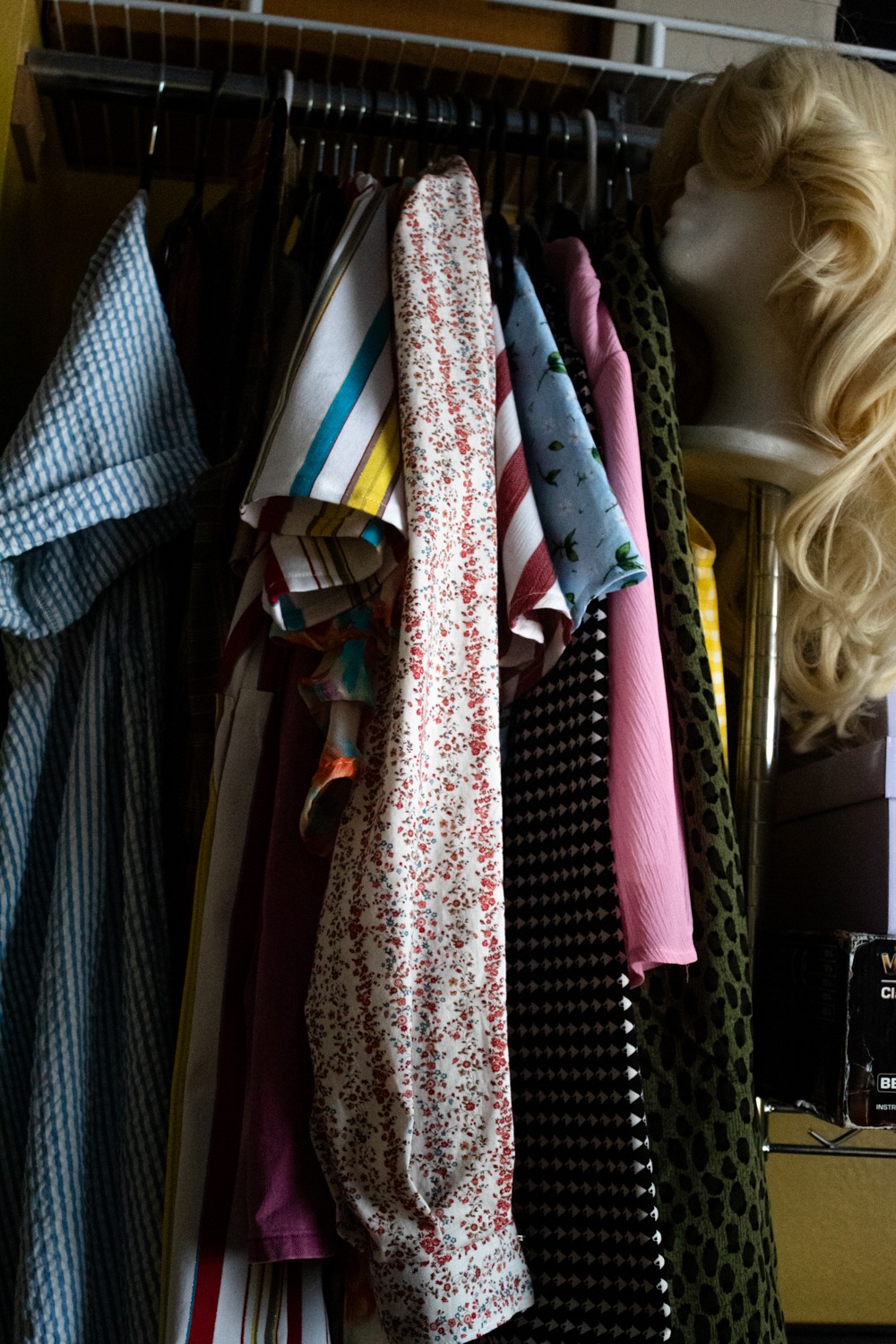
Longoria feels the Iowa legislature has passed increasingly more personal bills over the years.
“It’s really hard trying to rationalize like no, I should stay and fortify and be that person in my community,” Longoria said. “But then it’s like, I’m already one of the few being really out there.”
Longoria believes that the local music scene will feel the effects of these anti-LGBTQ+ laws, passed or not. According to her, the scene has already been pulling away from established venues and transitioning to underground shows.
“Diversity’s going to be less and less top of mind, so then it becomes the case where I have to set up the show and then I have to facilitate,” Longoria said. “Then I’m doing everything to make sure that I can be there and it’s not fun throwing your own party.”
Recently, Early Girl performed at Public Space One’s Close House, which has hosted many LGBTQ+ performances and artists, and currently houses the LGBTQ Iowa Archives and Library.
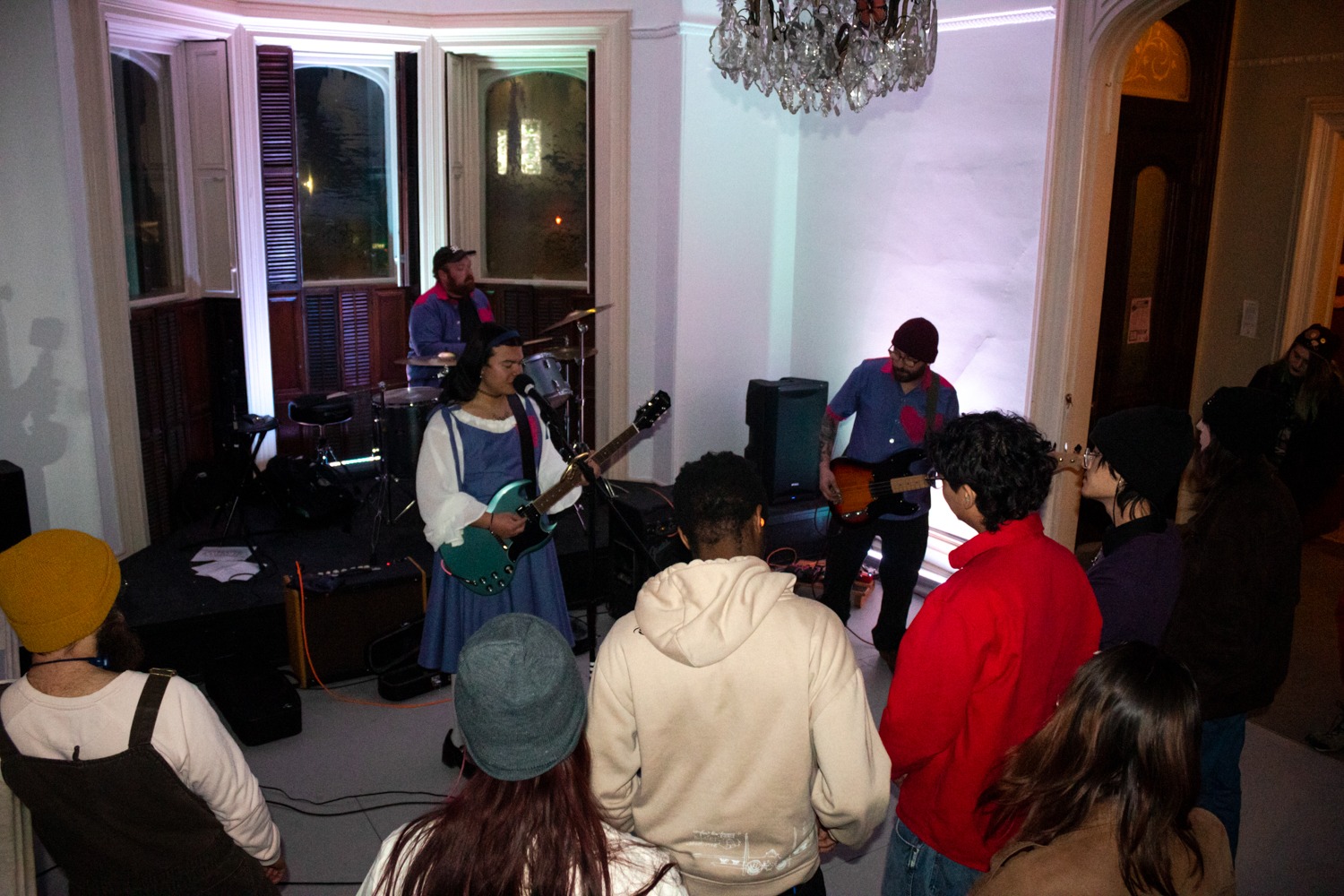
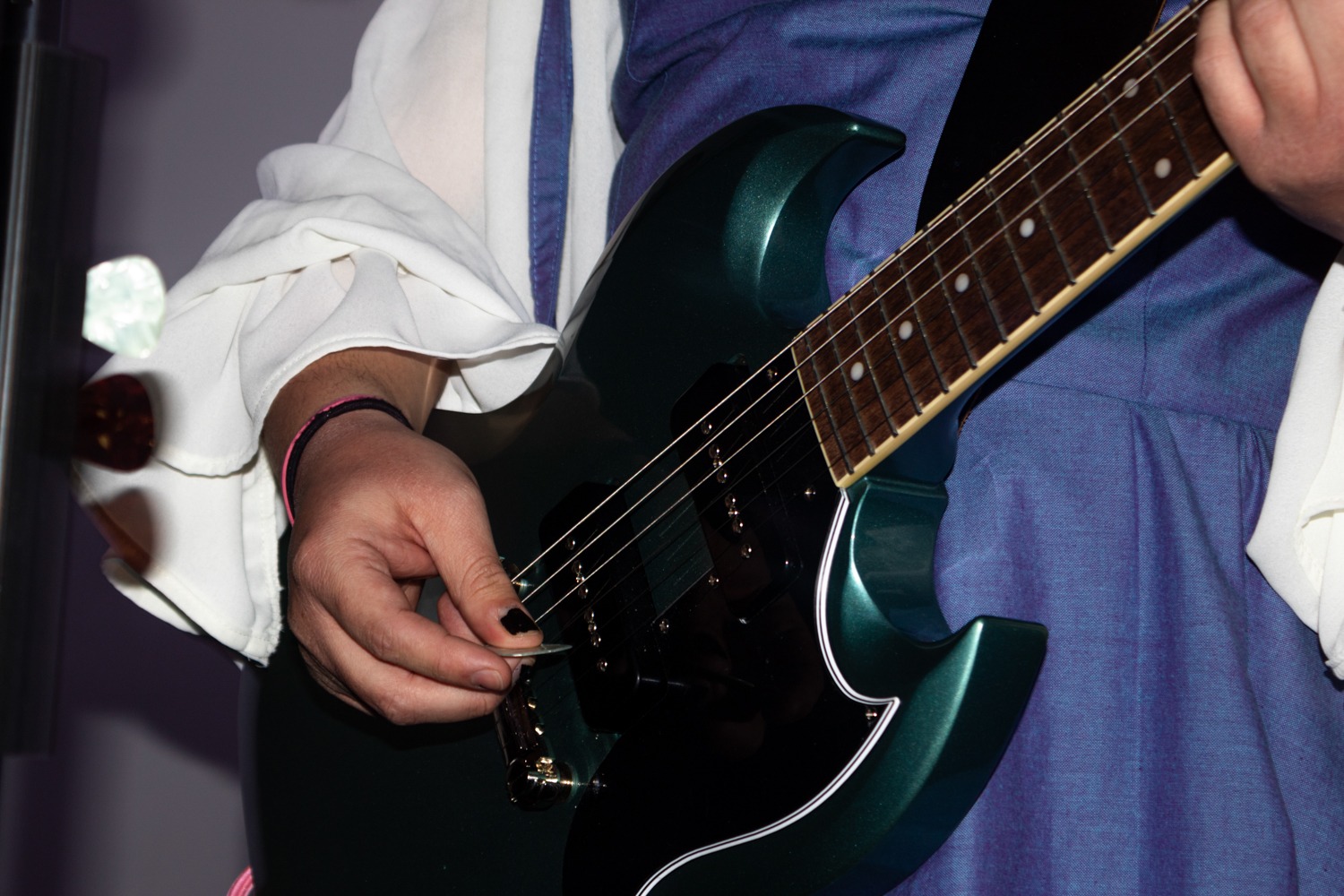
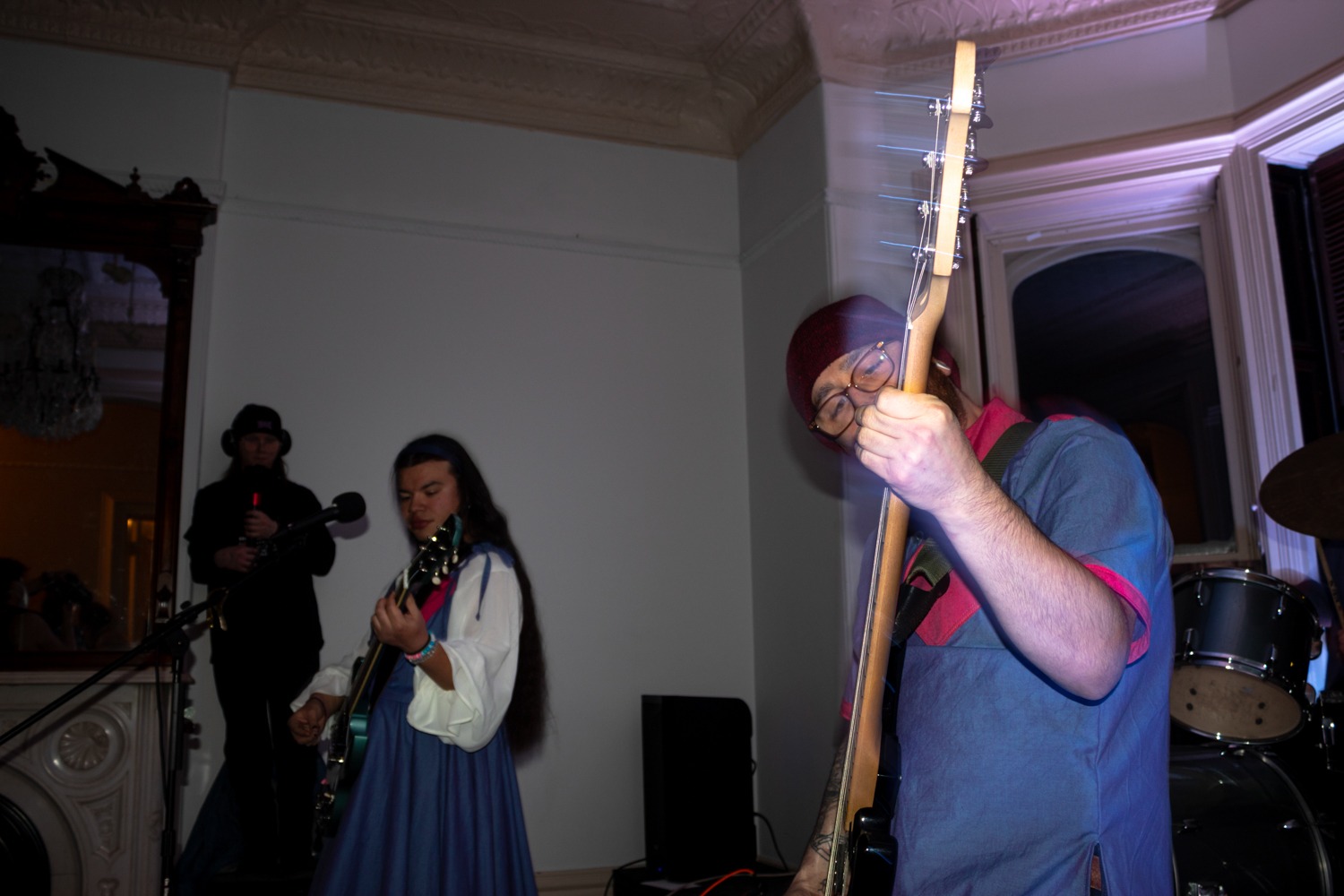
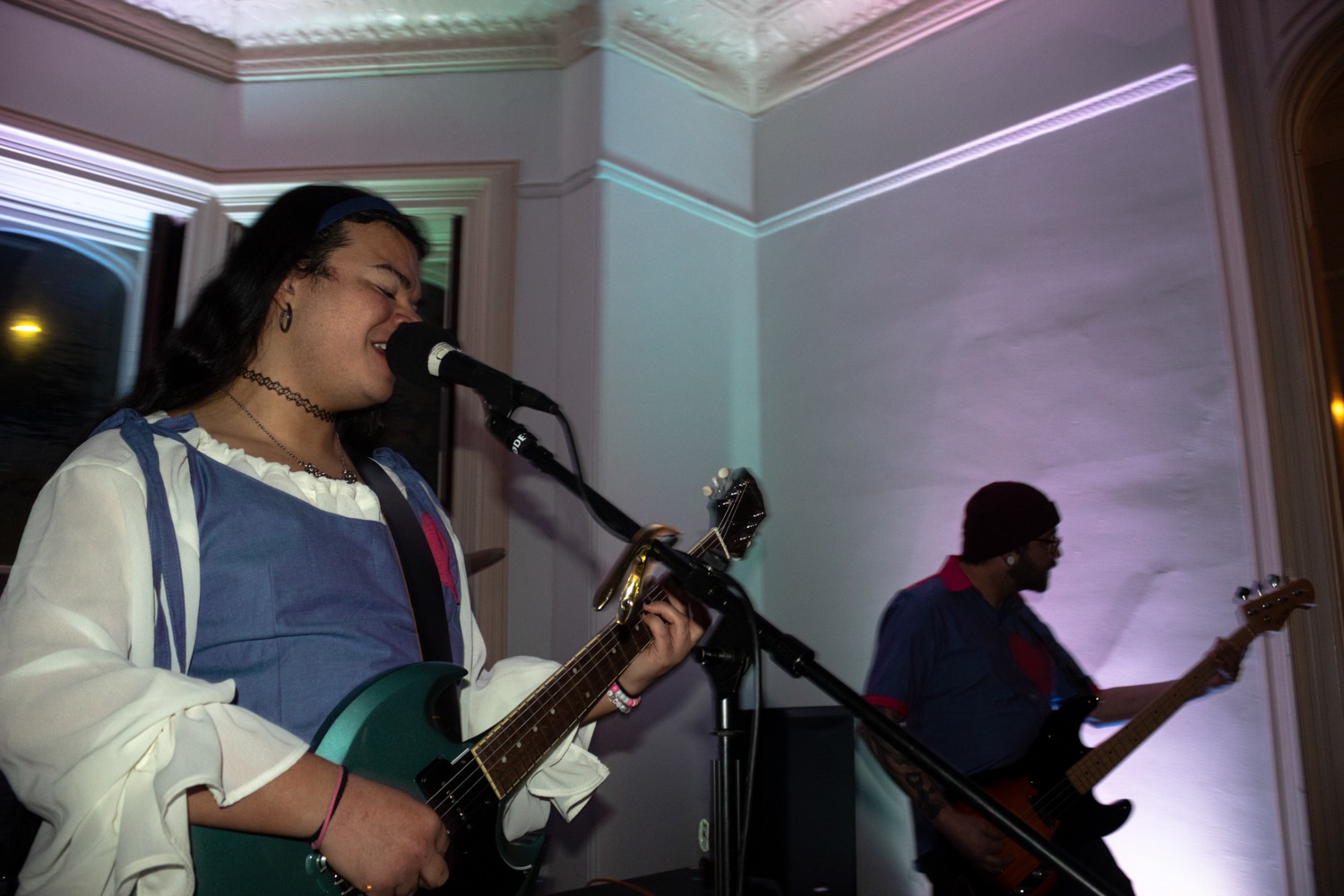
While Iowa City has a rich LGBTQ+ history and a strong local music scene, these bills have effects on businesses and individuals across the state. Landon Stanley, an 18-year-old drag queen from Marshalltown, found himself in an activist role with the anti-drag bill. Speaking at the Iowa State Capitol, he said that drag serves as entertainment, has for decades, and pulls some inspiration from mainstream artists such as David Bowie.
“Society embraces these mainstream artists,” Stanley said at the capitol on Feb. 18. “Yet drag, which is often a direct interpretation of that art, is unfairly misrepresented as inherently sexual.”
On Feb. 23, Stanley woke up before the sun to get ready for a performance. At his family’s apartment, he did yoga, washed his face and brushed his teeth before starting on his drag makeup.
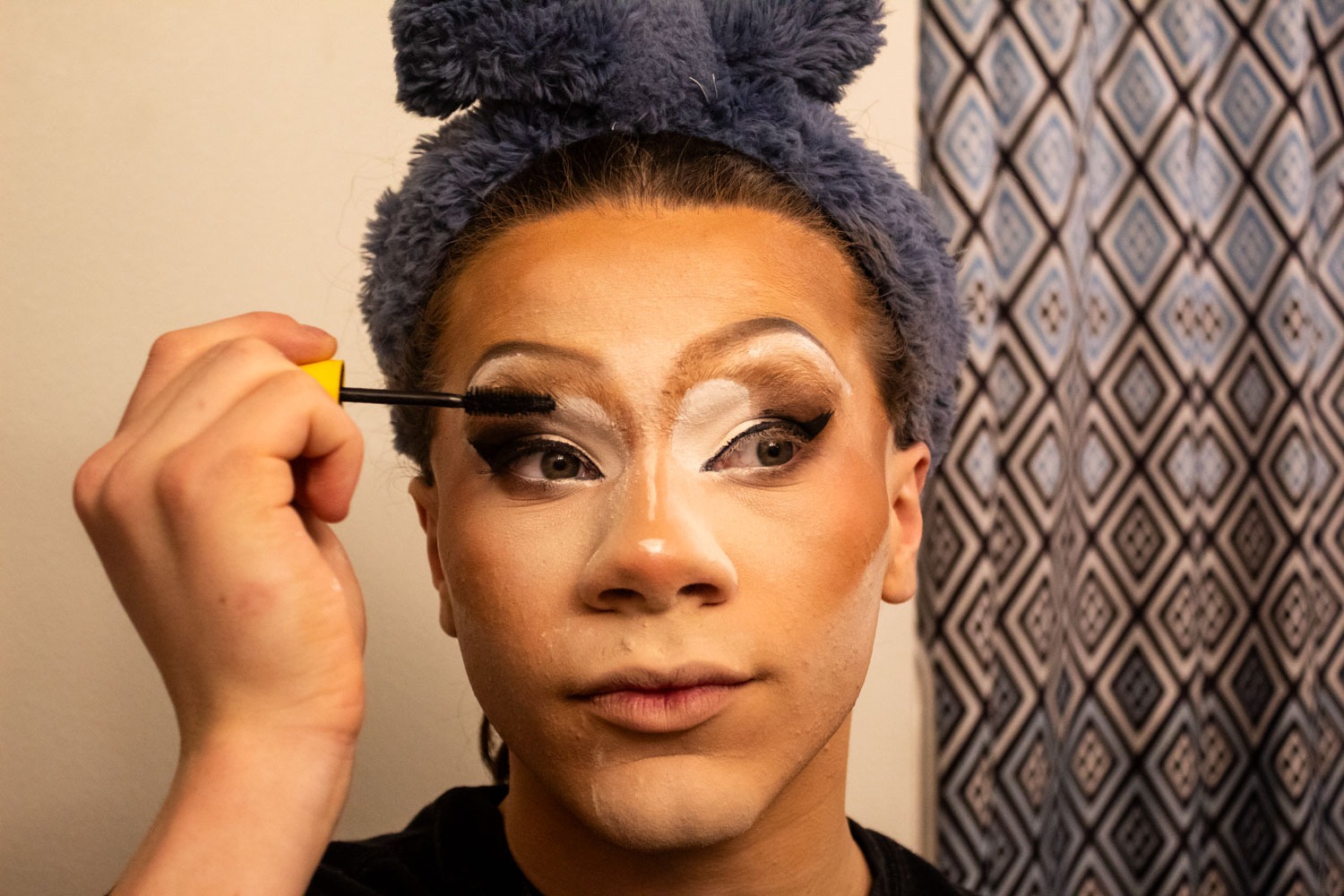
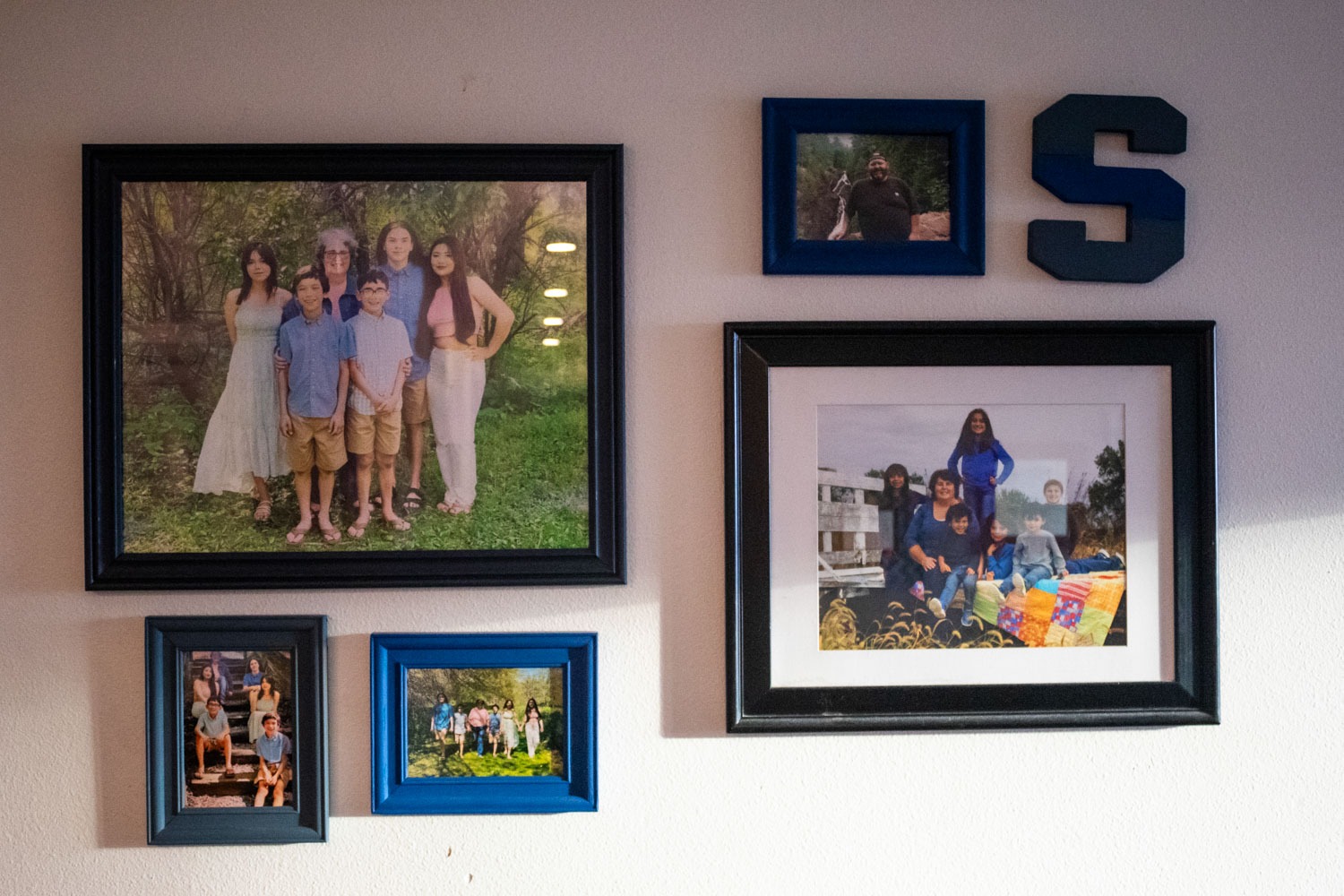

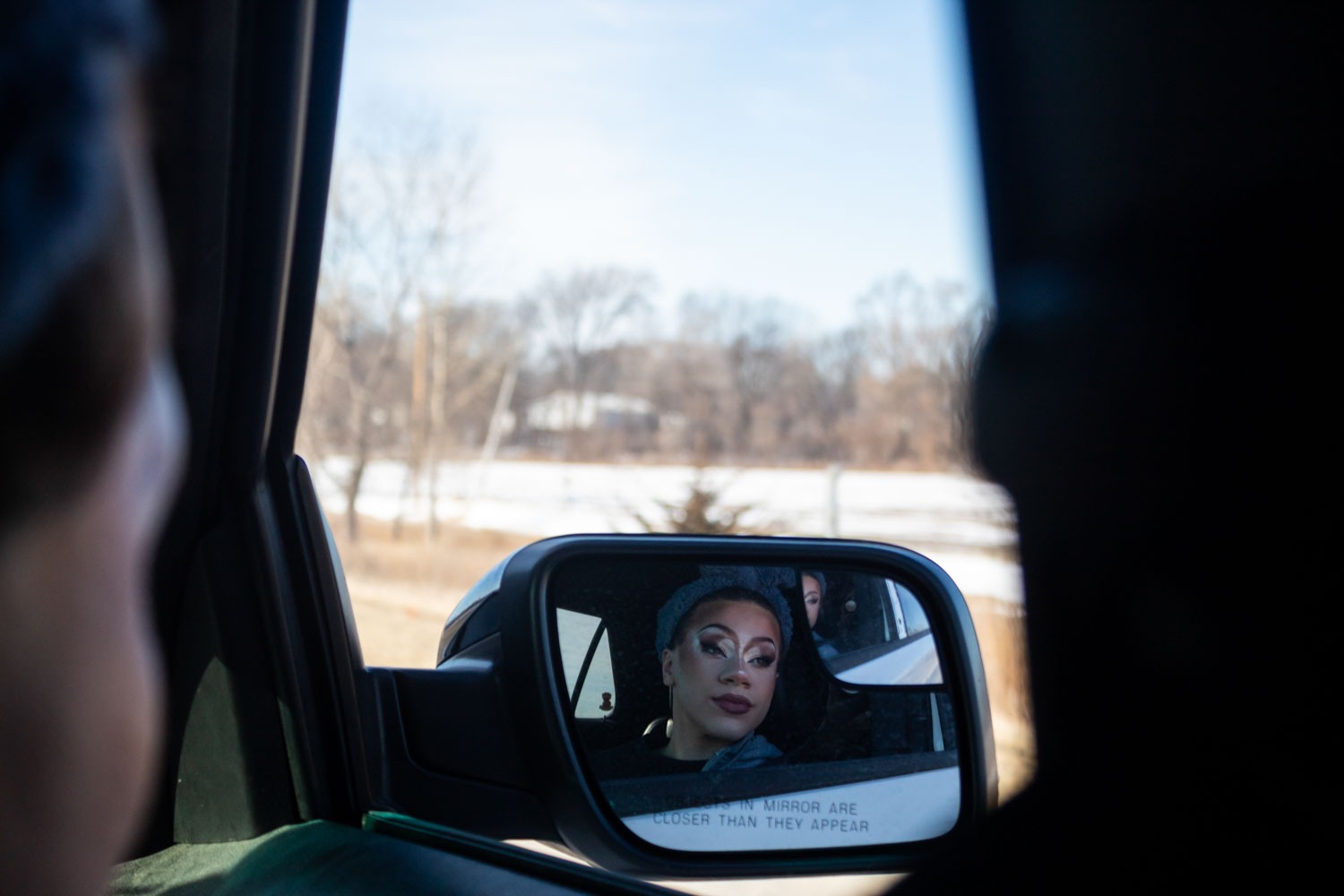
“It’s my bread and butter,” Stanley said about drag. “I couldn’t not do it.”
His mother brought him to a Pride Fest in 2018 which sparked his interest in drag, and he started practicing drag at 11. Six months later and he was on stage performing in Ames. Since then, he’s pursued swimming, become a state champion for Poetry Out Loud, earned 2024 Miss Teen Capital City Pride, is graduating from high school with an associate’s degree, and will attend the University of Northern Iowa for nursing.
A few teachers found out while he was younger and his school nurse has attended many shows since the start of his career.
“We were in seventh grade, and I was so eager about it, and these kids had no clue what it was,” Stanley said. “So they didn't really have a preconceived notion of, oh, drag is bad, or it's overtly sexual because they had no clue what it was about. So it was good kind of getting to educate my friends on what it was at a young age.”
Later in the morning, his sisters down the hall began chatting to each other and his brother booted up Fortnite.
As the day moved on, he finished his makeup, his mom helped him pack the car, and they headed to Uptown Garage Brewing Co. in Ankeny to perform in a Lady Gaga drag brunch.

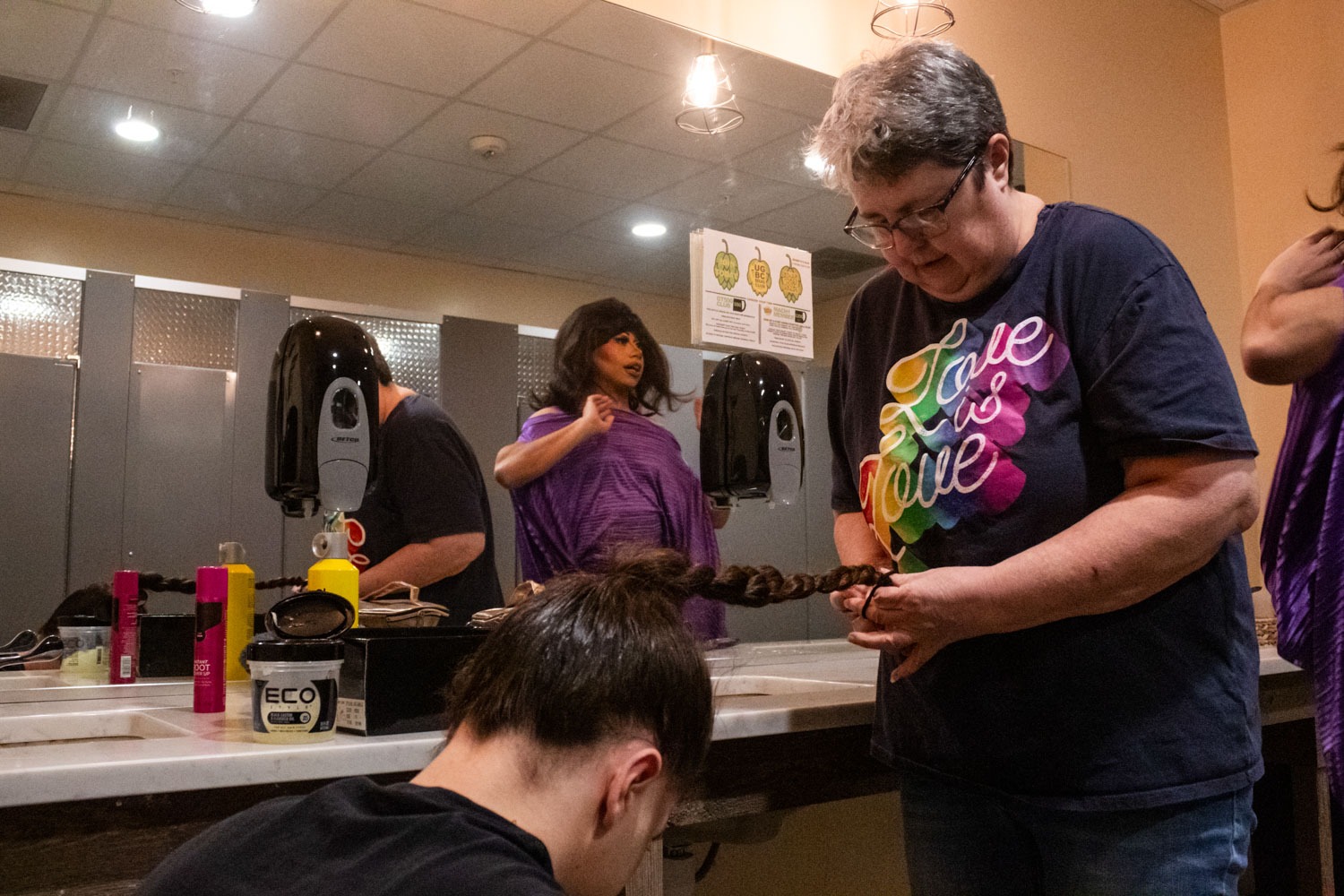
Alex Mortenson, the general manager and owner of the venue, said that he, in collaboration with the drag queens, made the decision to change the family-friendly brunch into an 18+ event in anticipation of an anti-drag bill that was ultimately defeated.
Mortenson has managed the bar since its opening in 2019 and has been hosting drag brunches since 2022.
“My goal from day one was inclusion,” Mortenson said. “I wanted anyone who walked through the door to feel comfortable and to have a beverage option.”
The Ankeny drag brunches have offered many performers a spot outside of the Des Moines venues and, according to Mortenson, created a first of its kind place in Ankeny where younger people could come and see drag. He said they’ve been selling out more frequently and the community is still supportive despite recent bills.
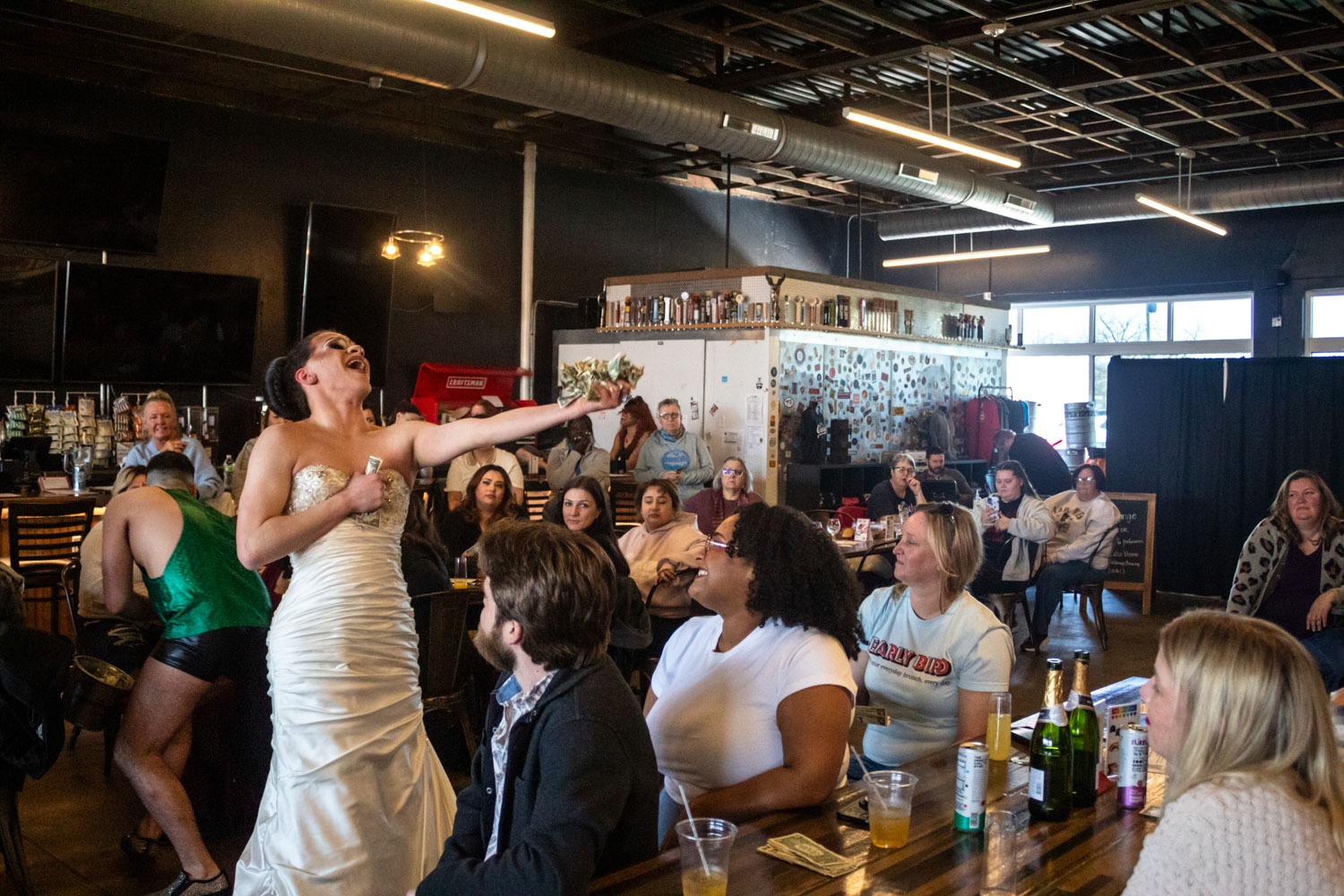
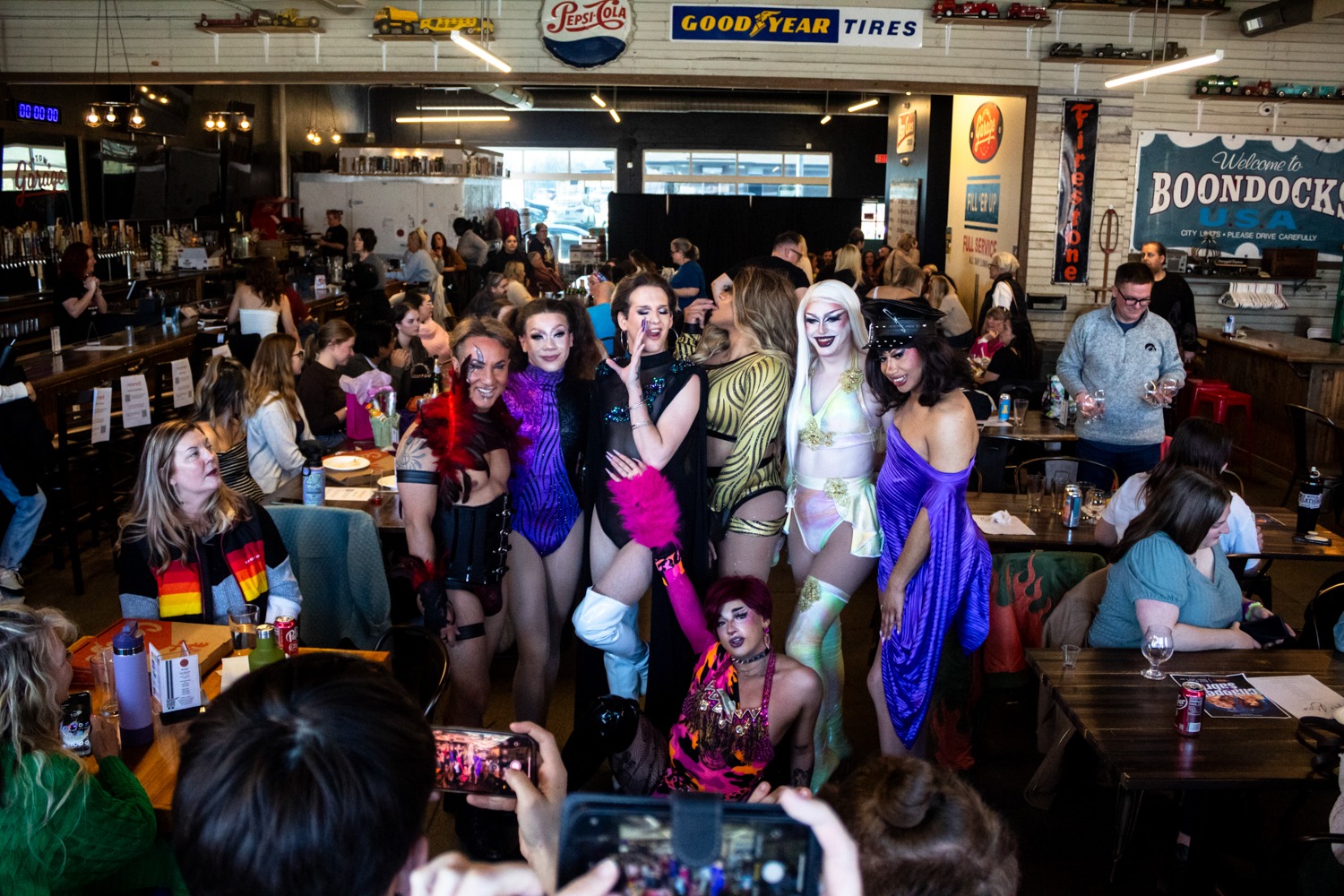
“There’s no doubt there's a lot of conservative [and] bigoted people across the Ankeny demographic,” Mortenson said. “But any negative impact we have on our business is offset by the positives.”
He said the venue has had some people respond negatively to the events, although never in person.
“I don’t have any space at the table for people with hate in their heart,” Mortenson said.
Following the performances, Stanley took the next hour to talk to and thank other drag queens, family, family friends and attendees at their tables.
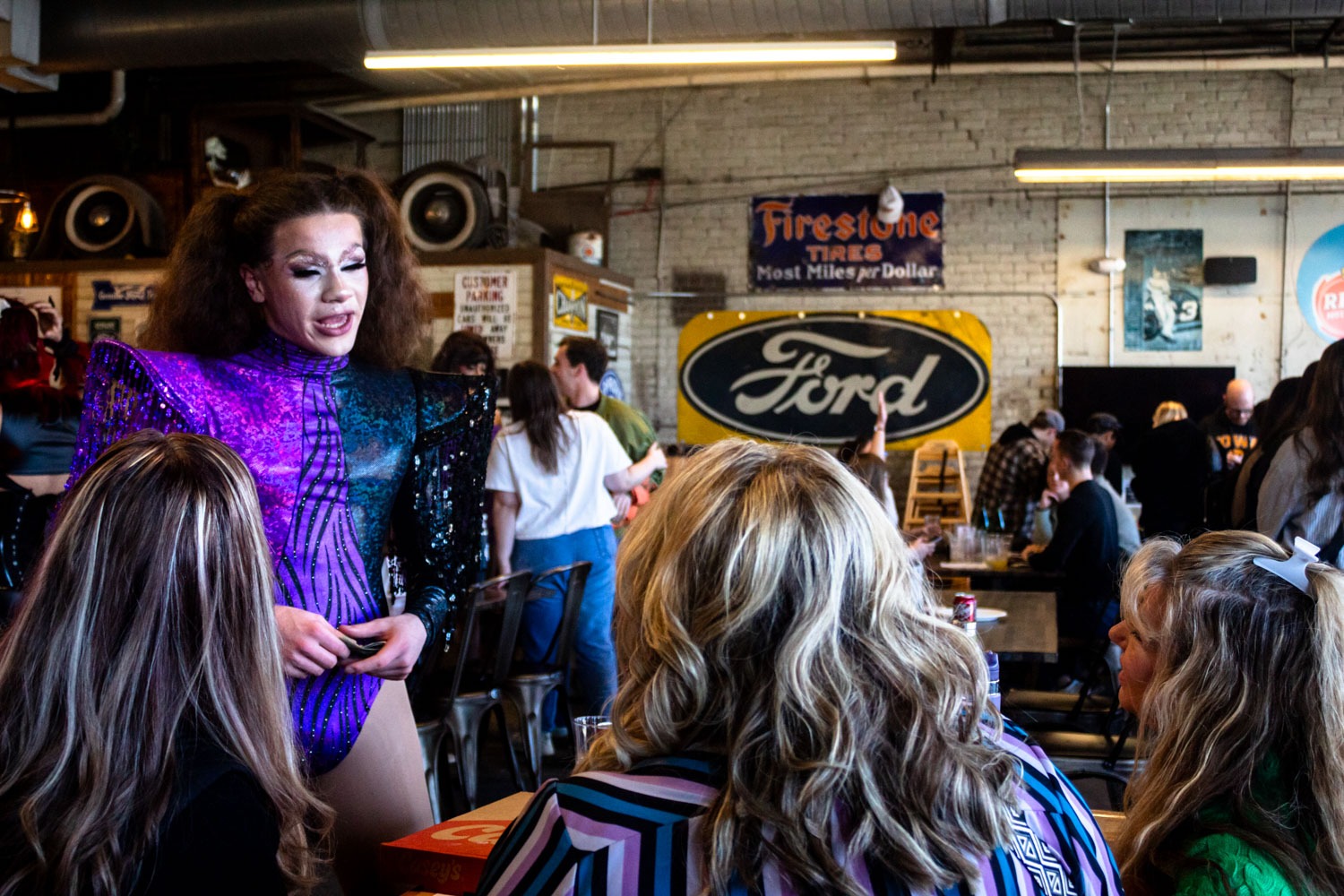
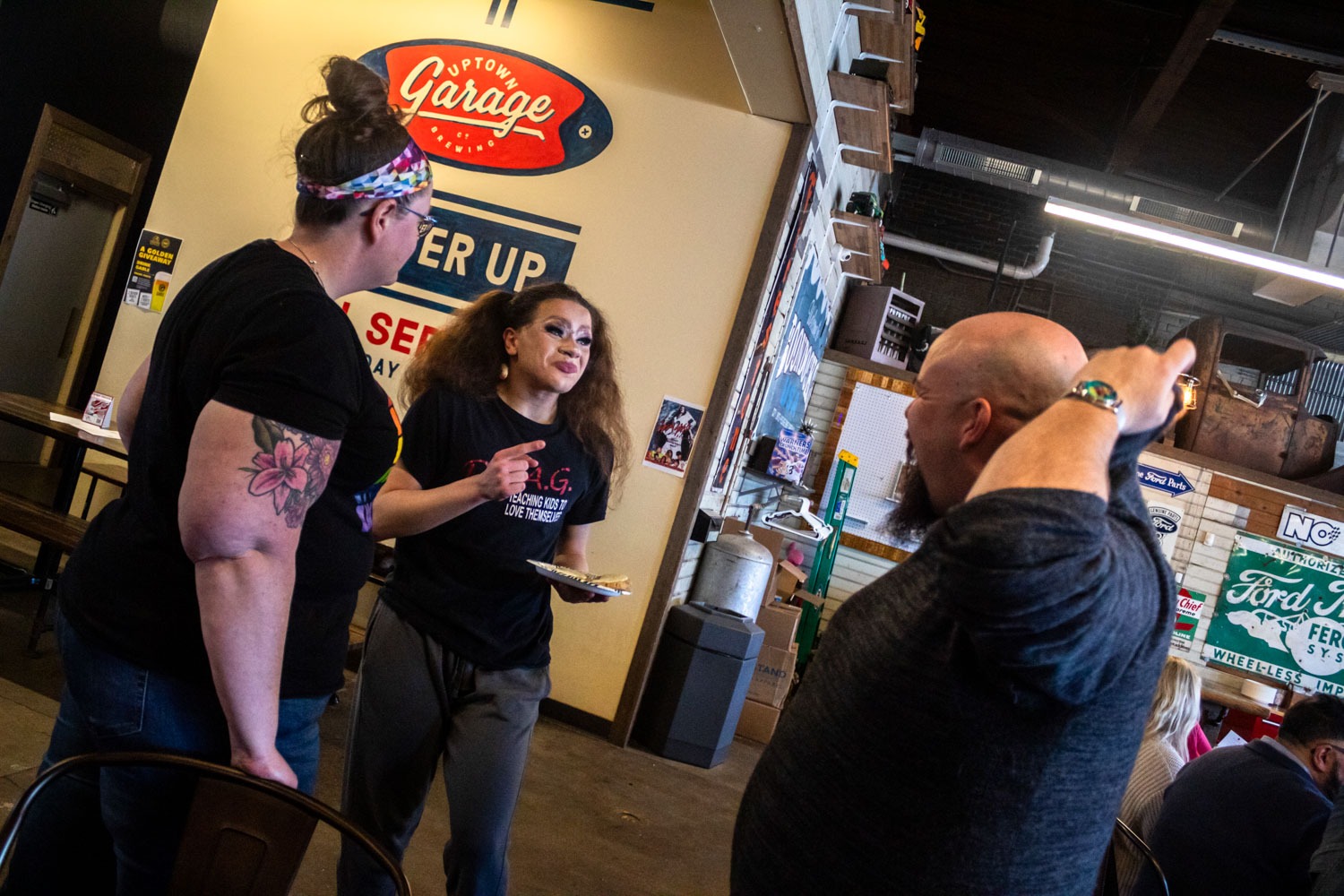
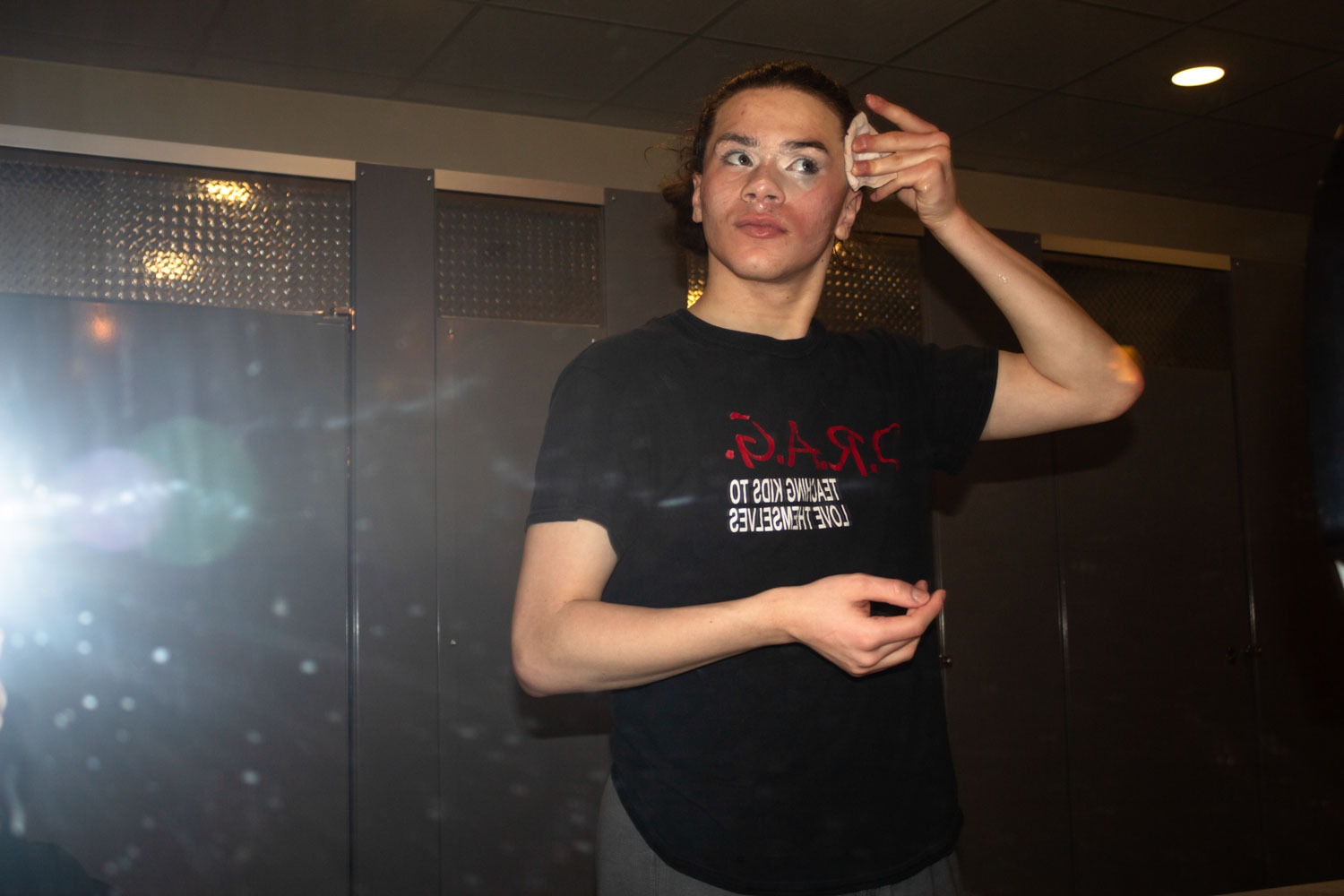
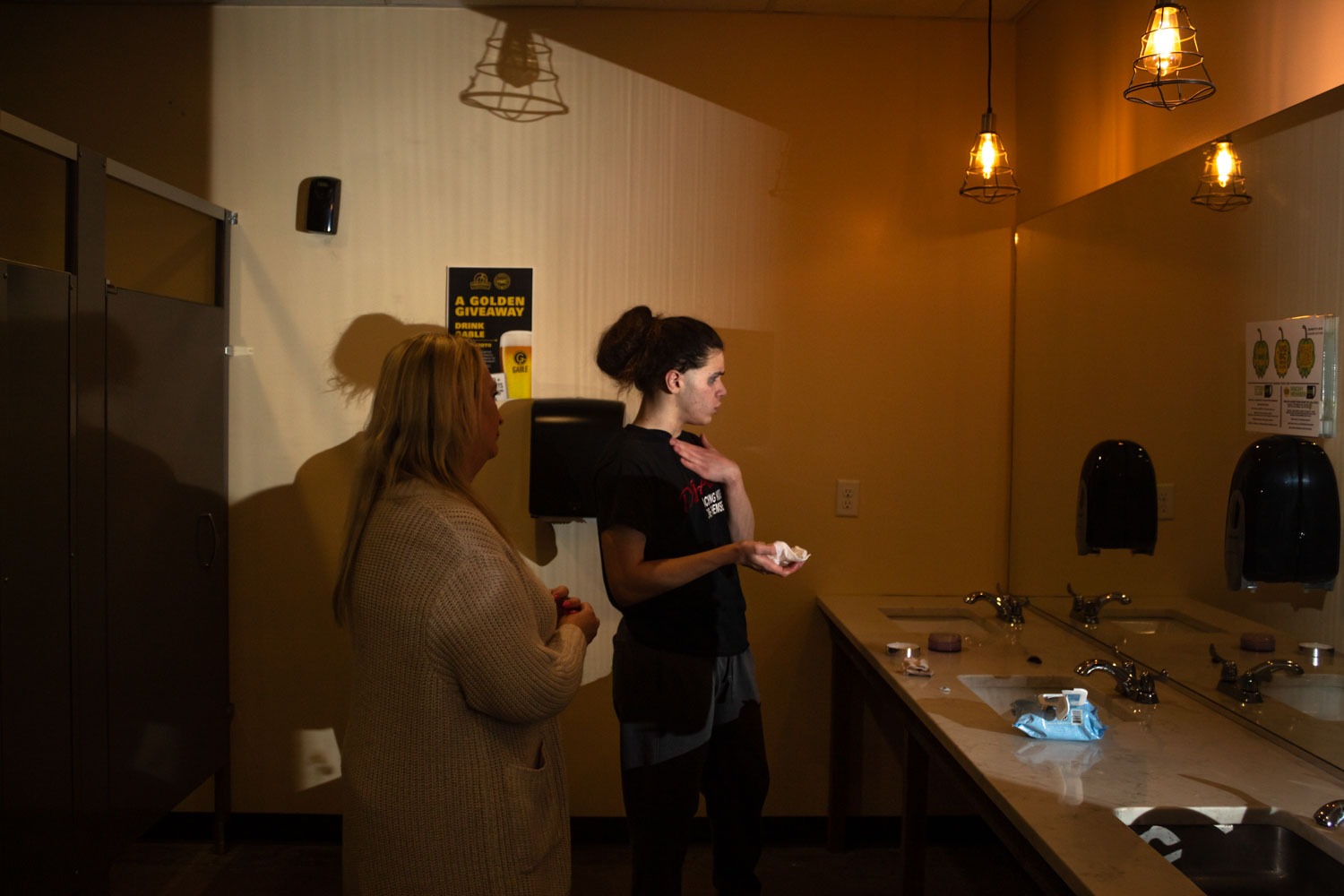
Stanley believes that LGBTQ+ artists and performers won’t be going anywhere anytime soon despite recent legislation. That doesn’t mean he thinks it will be easy.
“What I want to think is that it all will get better,” Stanley said. “What I think will happen is that it won't.”
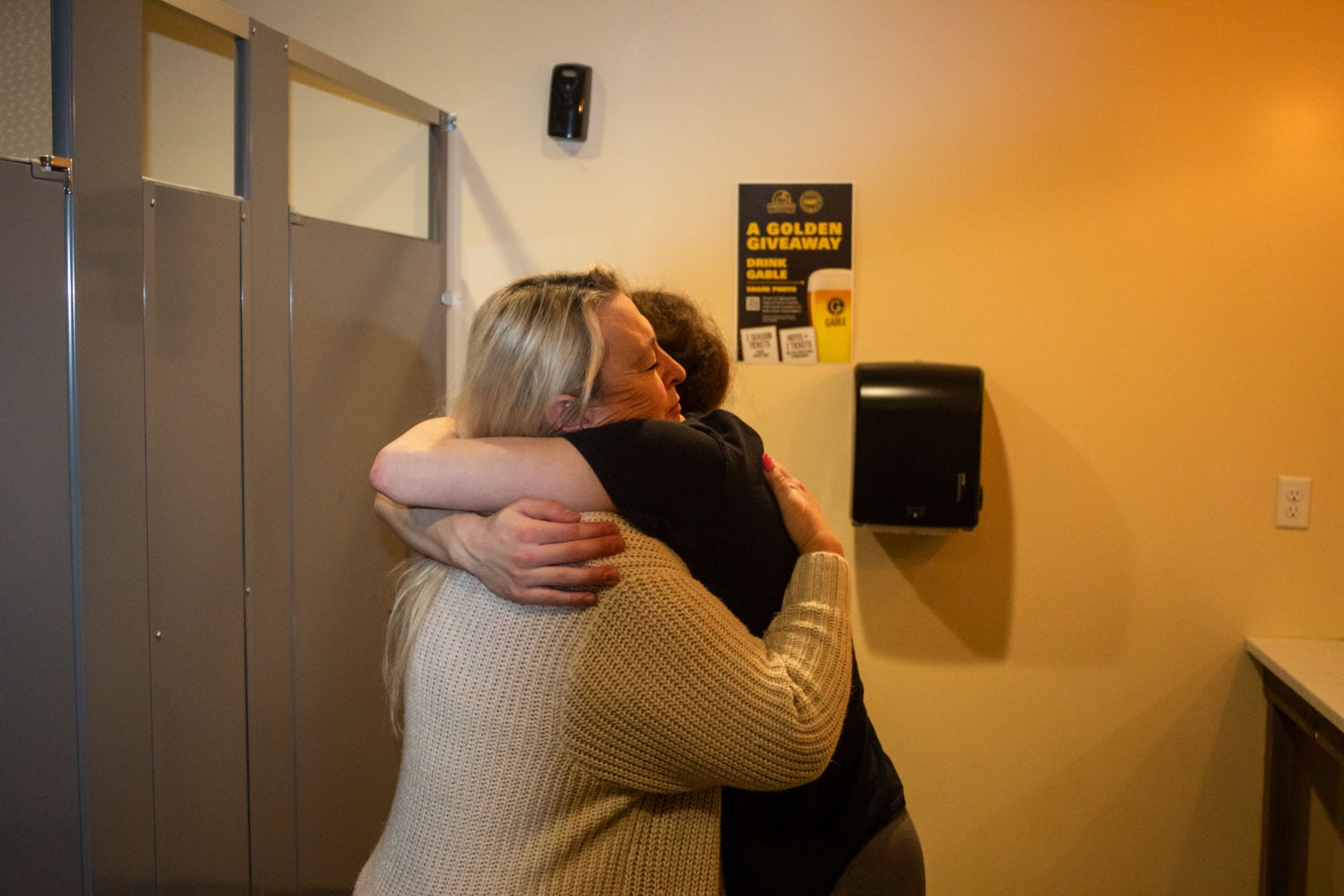
This piece was written for a University of Iowa School of Journalism and Mass Communications class.
Post a comment